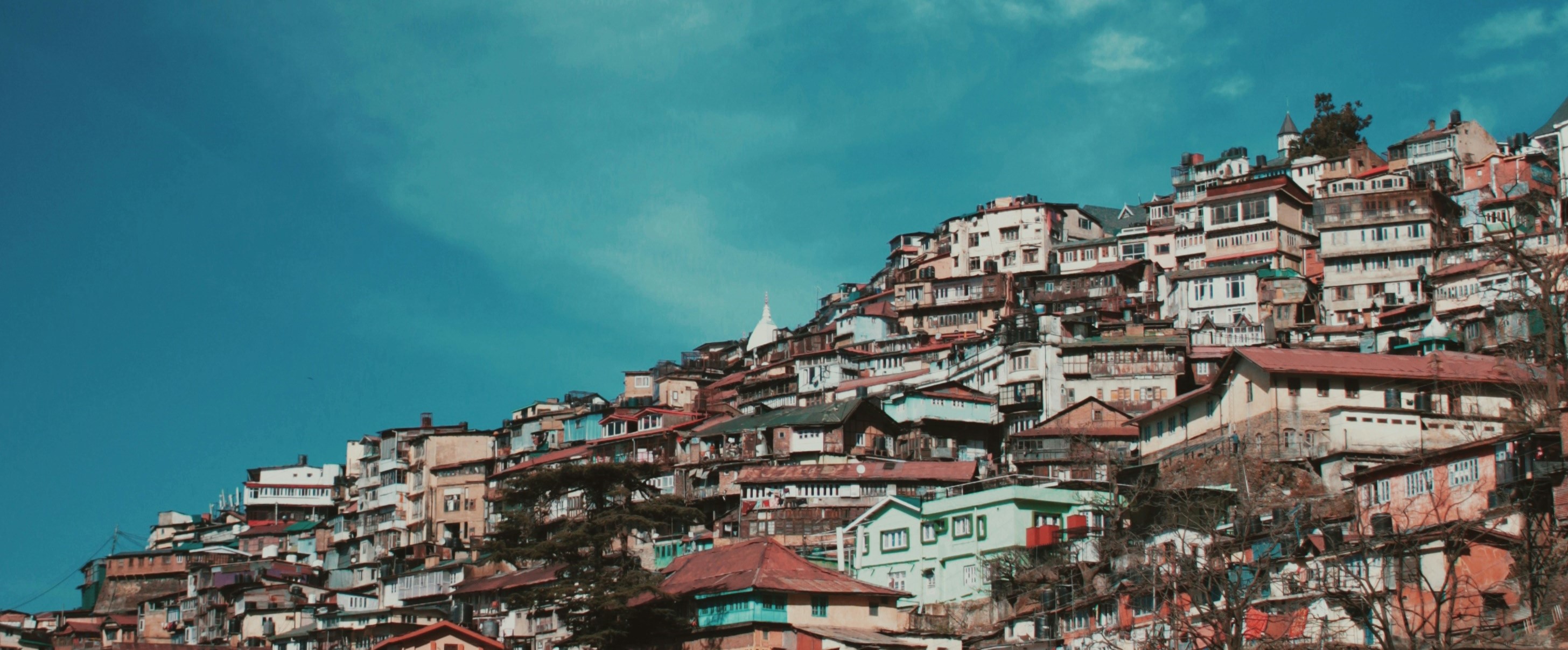IFAD - Programme to reduce vulnerability to climate change and poverty of coastal rural communities (PRAREV)
The programme will support the design and
implementation of participatory management
plans for ecosystem conservation to alleviate
stresses and increase the resilience of fragile
habitats. It will focus on integrating climate
change adaptation within national policies
and strategies, and enhance knowledge
management, education and communication.
In addition, PRAREV will help communities
diversify their livelihoods options so they can
take advantage of opportunities presented by
climatic changes.
Increase incomes, enhance food security and reduce vulnerability for smallholder farmers, particularly women and young people.
Improving the resilience of coastal habitats and co-management of natural resources. Participatory natural resource management will engage communities in conservation work. PRAREV will finance the restoration of 200 hectares of mangroves and the preservation of 100 square kilometres of coral reefs, which are vital for fish stocks. The programme will work with WFP to deliver ‘food for work' for local communities engaged in the conservation of mangroves. Various technical studies of coastal waters and water resources will be carried out. PRAREV has a provision to cofinance civil works on water supply infrastructure with various donors. Reducing the vulnerability of coastal resources and value chains. This component will focus on protecting fisheries value chains affected by climate change. PRAREV will invest in renewable energy equipment, ice plants and coolers/insulated containers to improve the conservation of fish products. This is expected to benefit about 1,000 fishers and 500 fish sellers, many of which are women. Enhancing institutional and community adaptive capacities. Climate change will be integrated into the national policy framework and provide institutional support to the Fisheries Directorate as well as professional organizations. PRAREV will help local communities, which are currently highly dependent on fisheries, to diversify their livelihoods. Long-term changes in sea surface temperatures are bringing about more auspicious conditions for the proliferation of algal blooms. While this is a potentially harmful phenomenon in the case of toxic algal species, the propagation of red and brown algae can have market potential as livestock feed and for the cosmetic market. This represents an uncharted economic opportunity for vulnerable groups, especially women. Despite the economic potential, seaweed farming is not practiced in Djibouti. The programme will pilot this activity and train local people, who will then continue farming to improve their incomes. The programme is expected to reduce the vulnerability, poverty and food insecurity of 88,000 people. Specifically, by programme end, PRAREV will have contributed to: 50,000 people trained and organized to carry out more climate-resilient activities and natural resource management – at least 1,000 fishers have access to climateresilient infrastructure. 200 hectares of mangroves rehabilitated and 100 square kilometres of coral reefs protected. 30,000 cubic metres of freshwater per day mobilized to meet the needs of communities affected by climate change. Climate change adaption strategies integrated into three national policy areas (poverty reduction strategy paper, national adaptation programme and fisheries policy). Annabelle Lhommeau Country Programme Manager IFAD Via Paolo di Dono, 44 Rome, Italy Tel: 39 06 5459 2783 a.lhommeau@ifad.org Rami Abu Salman Regional Climate and Environment Specialist (NEN) IFAD Via Paolo di Dono, 44 Rome, Italy Tel: 39 06 5459 2291 r.salman@ifad.org
Image

Project start date
01/01/2015
Project end date
31/12/2021


